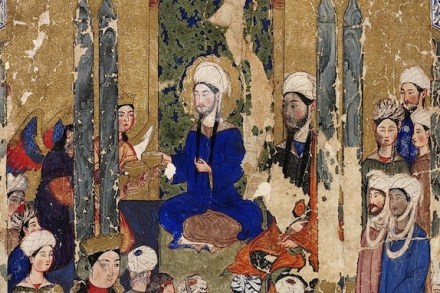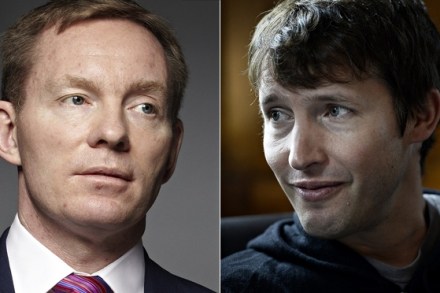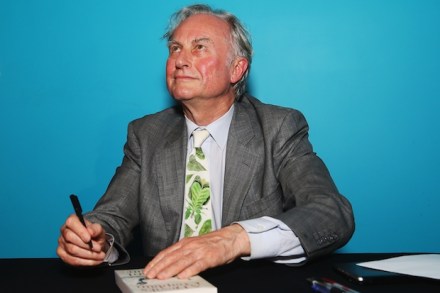Mohammed — in pictures
Arts featureTwo months ago I was sitting beside the tomb of a descendant of the Prophet Mohammed, telling a story about the last week of the Prophet’s life. It was detailed enough to paint an imaginary portrait of him and included a mildly ribald joke from one of his wives, told to him on his deathbed



























